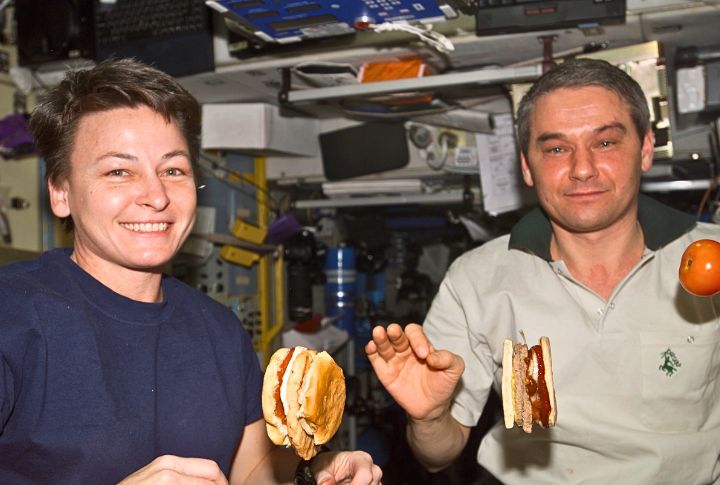
Leaving Earth launches your body into a realm where physics rewrites biology. Without gravity’s familiar pull, your physical body and even senses respond in fascinating ways. In just days, subtle shifts begin—inside and out. This gallery reveals how your body transforms far from home.
Muscles Melt Faster Than You Expect
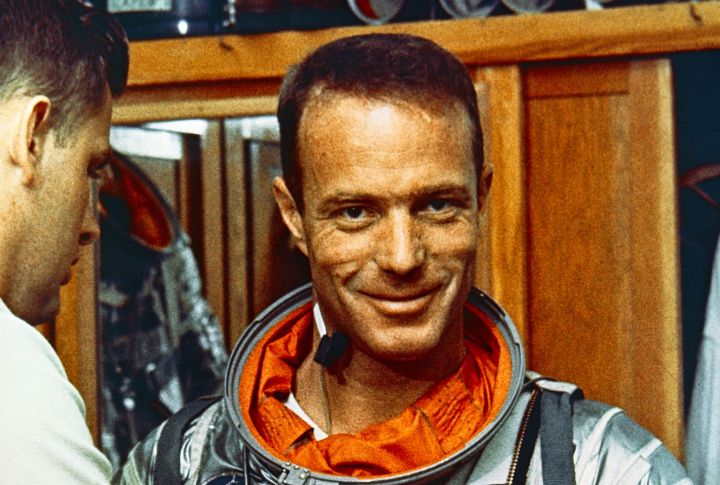
Without gravity resisting your every move, your muscles start shrinking quickly. Even routine tasks, such as sitting or standing, no longer require physical strength. Within a few days, your legs and back can weaken significantly, setting the stage for dramatic physical changes.
Bones Shed Strength With Surprising Speed
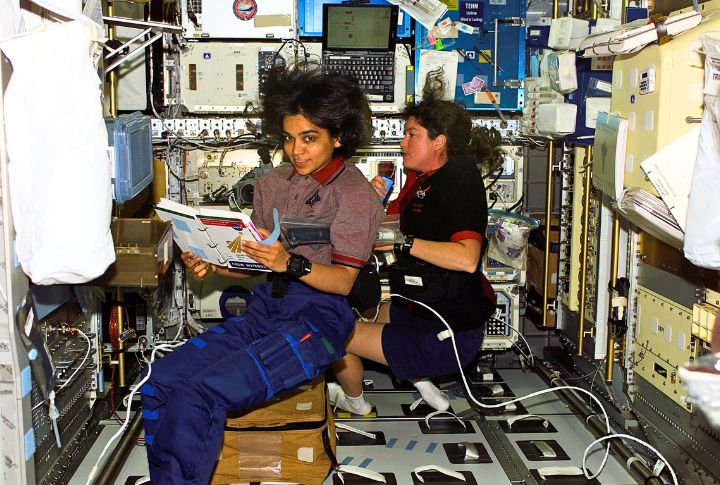
Microgravity sends a silent signal to your bones: “You are no longer needed.” Calcium seeps away, and this thins your skeleton much like rapid aging on Earth. Over time, this hidden loss can compromise your mobility and increase the risk of fractures when you get back home.
Fluids Rush To Your Head, Creating A Moon-Face
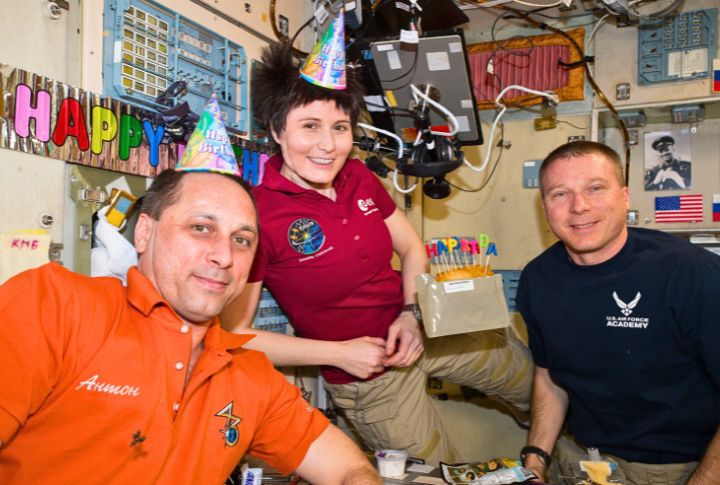
The absence of Earth’s pull causes bodily fluids to redistribute, moving upward into the chest and head. This phenomenon leads to what astronauts call “moon-face,” characterized by puffiness, nasal congestion, and sometimes bulging eyes. These changes can also increase pressure in the brain and affect vision.
Your Heart Becomes Lazier Than Ever
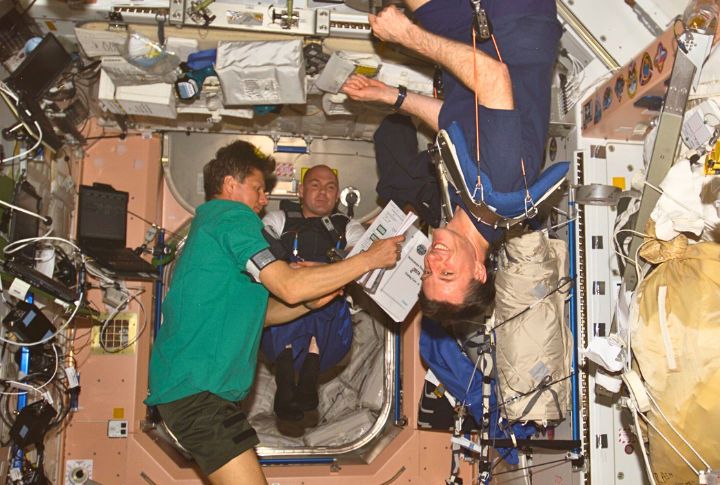
In orbit, your heart doesn’t have to work as hard against gravity. As a result, it starts to shrink slightly and lose efficiency. Like any muscle left unused for too long, the heart shifts into a state of energy conservation—a change that sounds beneficial but actually poses hidden health risks.
The Spine Stretches And Gives You Space Height
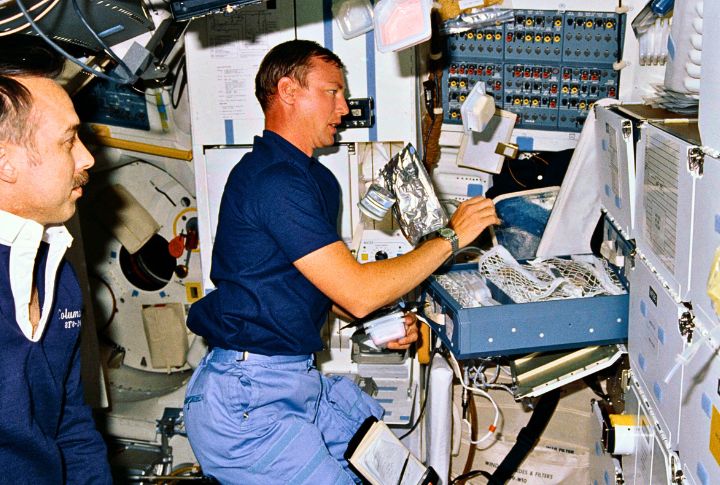
With no downward force compressing your vertebrae, your spine lengthens. For this reason, astronauts often gain a few inches in height during missions. Although you may enjoy the extra height, this stretching stresses the spinal discs, which can sometimes lead to lingering discomfort.
Your Immune System Starts Acting Strangely
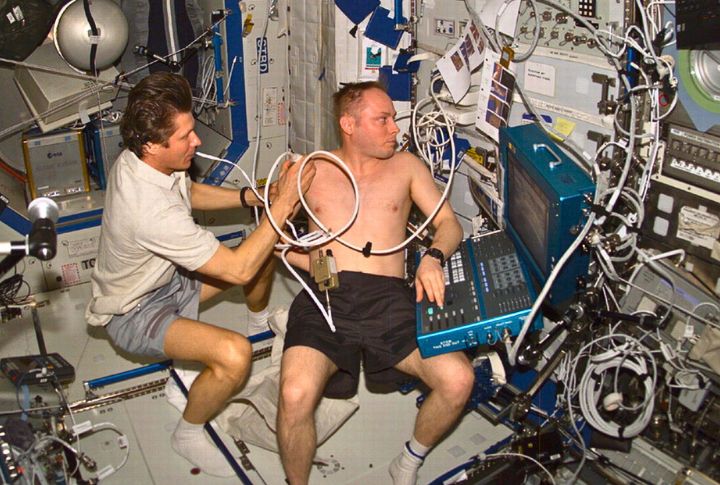
When you reach space, your immune cells behave differently by losing some of their ability to fight infections. This leaves your body slightly more vulnerable in an environment packed with recycled air and limited medical options. Scientists are still puzzled over the exact cause of this immune shift.
Taste Buds Get Bored Fast
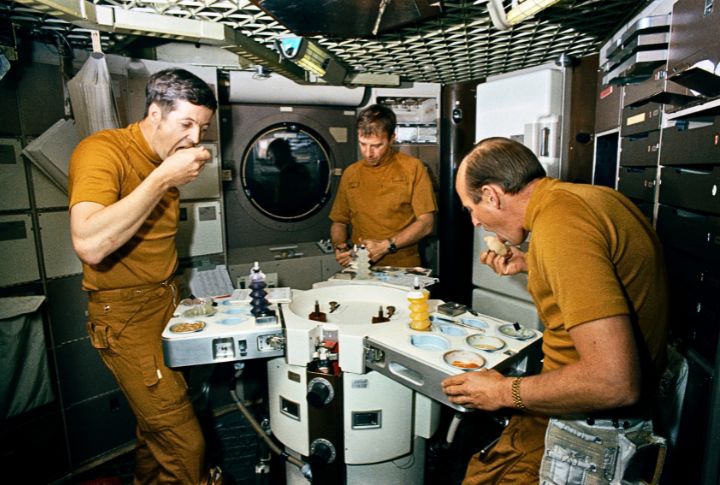
Many astronauts find that their favorite Earth foods taste surprisingly bland aboard the International Space Station. Fluid shifts in the body can dull the senses of taste and smell, often leading to cravings for bolder, spicier flavors. Even familiar comfort foods can feel strangely unfamiliar while you’re orbiting Earth.
Red Blood Cells Decrease Fast
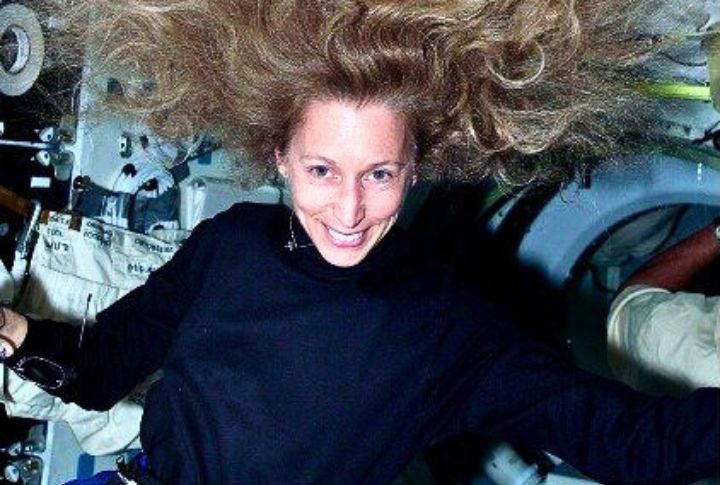
Space can quietly alter your blood composition, particularly the red blood cells. Here, the number decreases because the body destroys red blood cells at a rate approximately 54% higher than on Earth. This phenomenon is known as “space anemia.” Thankfully, it’s temporary.
Eyesight Shifts In Unexpected Ways
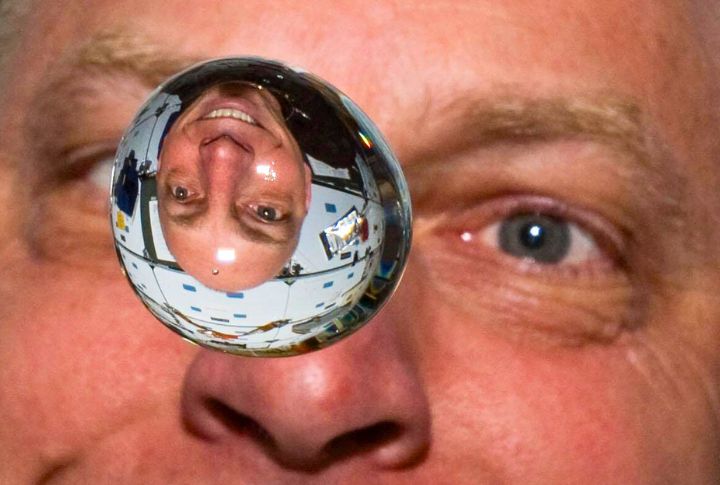
Vision problems are a common complaint among long-term space travelers, often caused by flattened eyeballs and changes in optic nerve pressure that blur sight. To address this, scientists now closely monitor astronauts’ ocular health. They actively search for more effective ways to protect astronauts’ eyes during missions.
Sleep Becomes A Strange New Experience
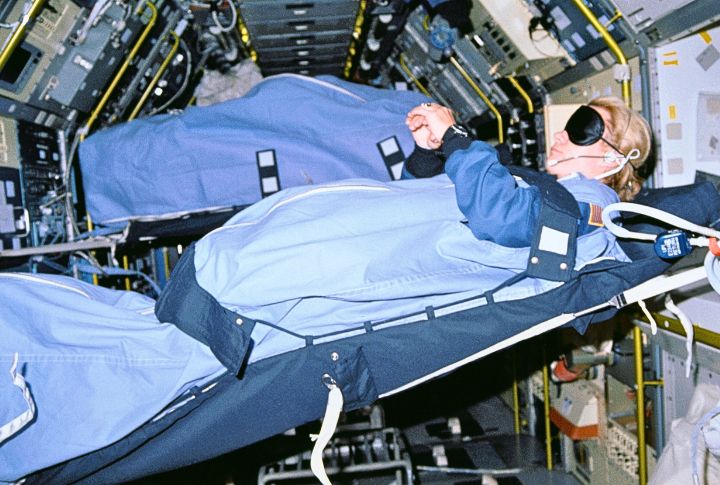
Without a sunrise or sunset to anchor your internal clock, sleep cycles get scrambled. Additionally, floating in a sleeping bag and gently drifting while tethered to a wall does not help. With this, quality sleep in space remains a dream, one you might never have!

